Vanderbilt civil engineer to design tech-driven decision-making and disaster response tools for Houston-area food banks
Research News at Vanderbilt
April 2, 2021
Hiba Baroud, assistant professor of civil and environmental engineering, is a co-principal investigator on a project that will develop and deploy tools to intelligently aid in disaster preparation, response and recovery. The project is centered in Harris County, Texas—a region that suffered through this year’s winter storms and associated public health emergencies—and includes the Houston Food Bank as a key community partner.
The project, Equitable Food-Security: Disaster-resilient supply chains for pandemics and extreme weather events, was selected as a stage 1 awardee of the Civic Innovation Challenge, a national research and action competition in the smart and connected communities domain. The challenge is funded by the National Science Foundation, the U.S. Department of Energy and the U.S. Department of Homeland Security.
Read more here
How Government Decisions Left Tennessee Exposed to Deadly Flooding
New York Times
By Christopher Flavelle, August 26, 2021
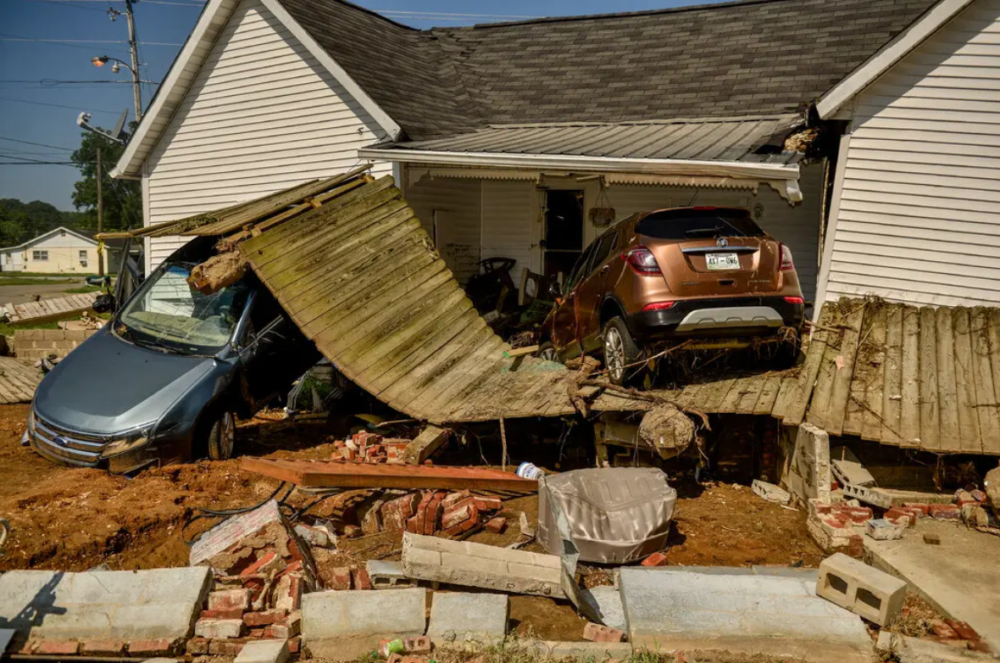
It’s impossible to say whether any single action could have prevented those deaths, especially given the ferocity of the flooding. But interviews with climate and disaster experts and a review of state and federal data show how governments have been slow to adapt to growing threats and failed to take steps that, together, could have lessened the damage.
“These extreme weather events will become more intense and more frequent,” said Hiba Baroud, a professor of civil and environmental engineering at Vanderbilt University in Nashville who specializes in resilience. “We need to be more proactive, and think about ways to prevent or at least mitigate the impact of these events.”
Read more here
More dams will collapse as aging infrastructure can’t keep up with climate change
CNBC
By Emma Newburger, May 21, 2020
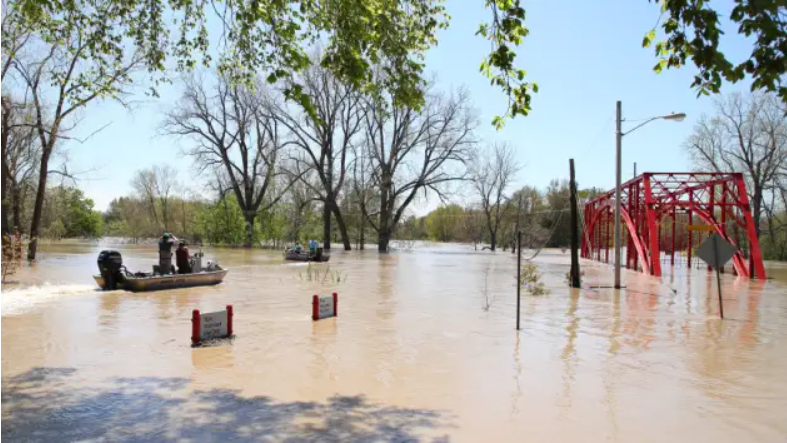
Aging dams will increasingly fail as climate change makes extreme precipitation and storms more frequent and intense, scientists warn.
“A lot of the country’s infrastructure systems were built during a time when these kind of weather events were considered rare and didn’t present a significant threat,” said Hiba Baroud, a professor of civil and environmental engineering at Vanderbilt University.
“But things have changed. The climate has changed. These dams are aging and need to be maintained, upgraded and in the most extreme cases, the entire design must be revisited,” Baroud continued. “Otherwise, the situation like in Michigan will become more frequent in the future.”
Read more here
Baroud receives NSF Early CAREER Award to predict and inform community hazard response
Vanderbilt University School of Engineering News
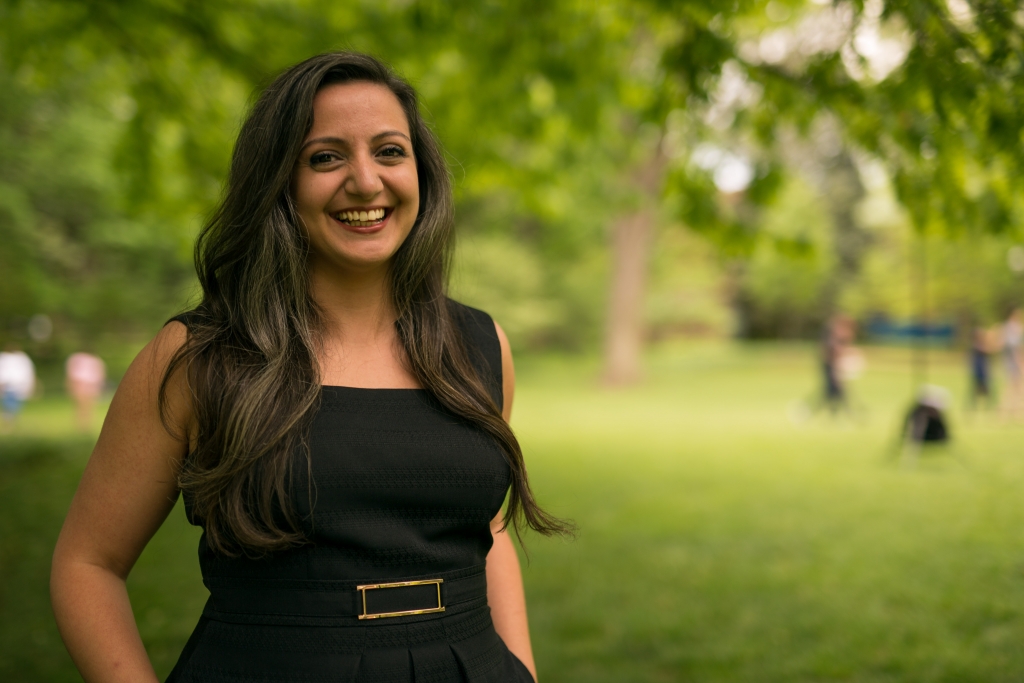
Hiba Baroud has received a 2020 NSF Faculty Early CAREER Development grant to boost community resilience and sustainability through a three-pronged project that starts with a better understanding of how people and infrastructures interact during hazards.
The five-year, $500,000 grant, “Policy-Infrastructure-Community Interdependencies: The Next Frontiers in Dynamic Networks,” begins July 1, 2020.
Breaking the ice: ISE to play key role in shaping Arctic’s future
ISE Magazine
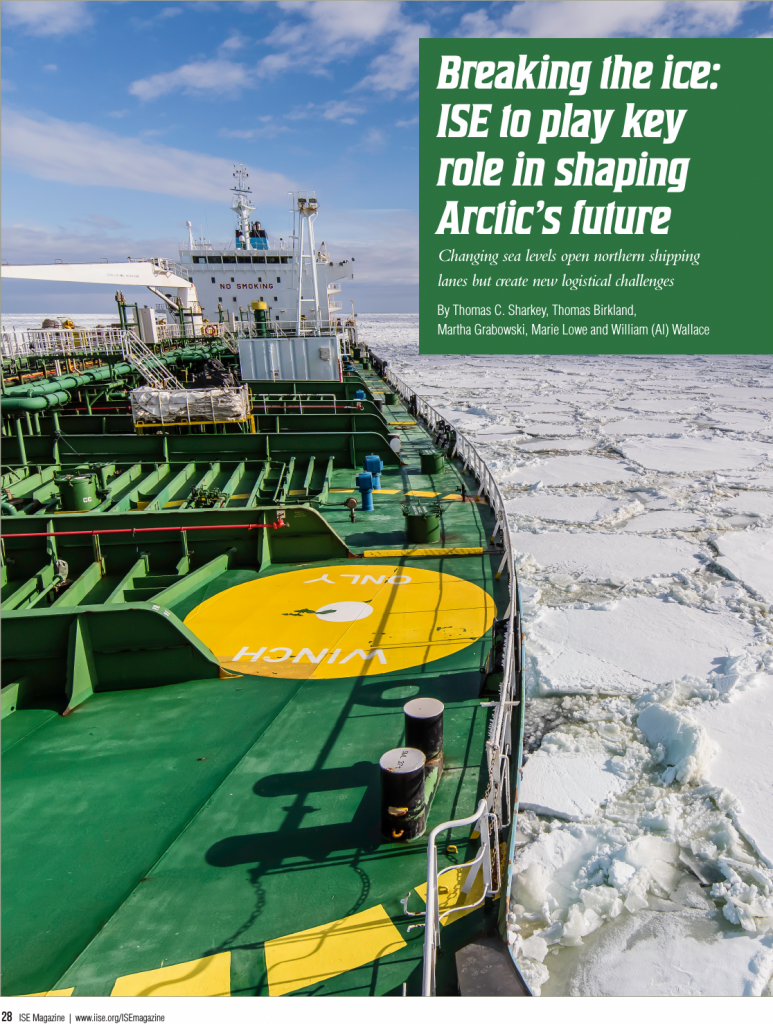
What are the impacts and risks of accidents on these routes? For an initial simulation investigation in this area, see Jean Freitas and Hiba Baroud’s report, “Impact of climate change and infrastructure risk management on Arctic ship-ping,” 12th International Conference on Structural Safety & Reliability, Vienna, Austria, 2017.
Lane Change: Vanderbilt experts say the future of urban transportation relies not on one solution, but on many
Vanderbilt Magazine

Even when urban transportation networks are functioning well, our current systems are easily disturbed. Assistant Professor of Civil and Environmental Engineering and Littlejohn Dean’s Faculty Fellow Hiba Baroud and Assistant Professor of Computer Science Abhishek Dubey recently began investigating how major disruptions—due to inclement weather or special events—ripple through the city’s ever-more-congested transportation networks. Understanding those patterns isn’t just an academic exercise, Baroud says. Their research could have potential real-world impact.
“If you want to encourage people to use public transit, you want to make sure it’s reliable, efficient and safe,” she continues. “That’s what people care about. If they need an extra hour or two, it’s not efficient.”
‘Everything is gone’: Japan left reeling from worst storm in decades
Independent
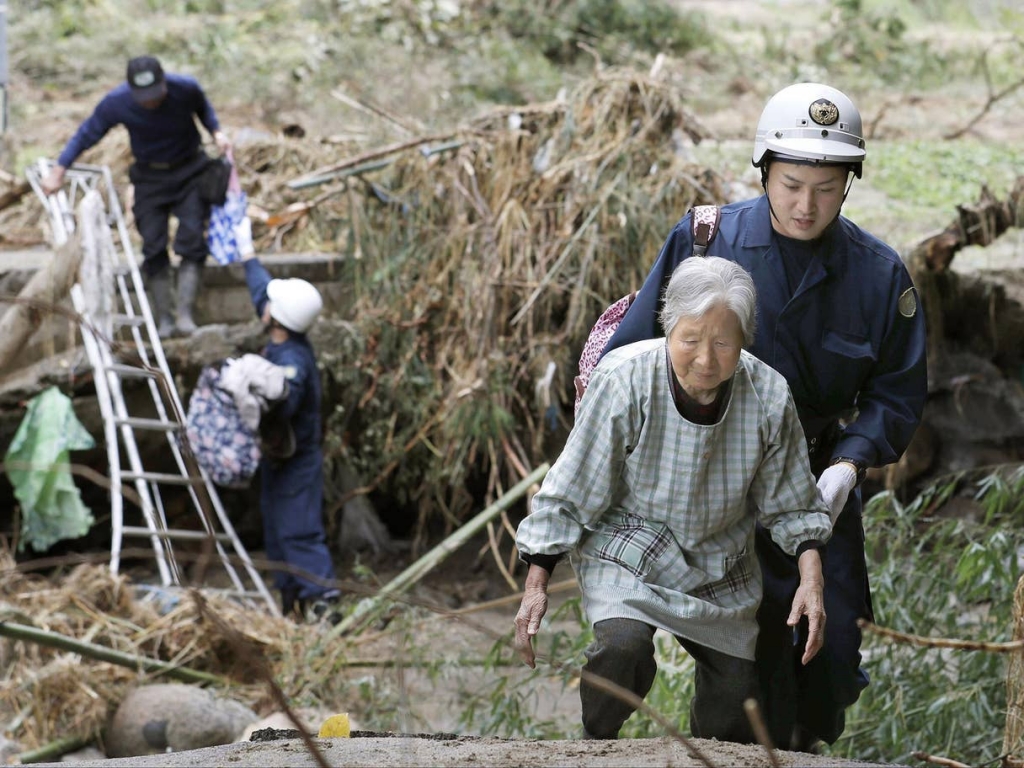
Some remain unconvinced that Fukushima has fully recovered, despite the insistence of municipal authorities that this is the case. And now, the prefecture is facing yet another expensive clean-up. At this stage, who knows how much of a setback Hagibis will prove to be for the region.
“Economic impact in disasters can quickly cascade through different sectors of the economy,” says Hiba Baroud, a professor of civil and environmental engineering at Vanderbilt University. “Production can be affected either by direct impact from the disaster or through interdependent effects resulting from disruptions in the supply chain.
Japan Questions Flooding Defenses After Severe Weekend Typhoon
The Wall Street Journal
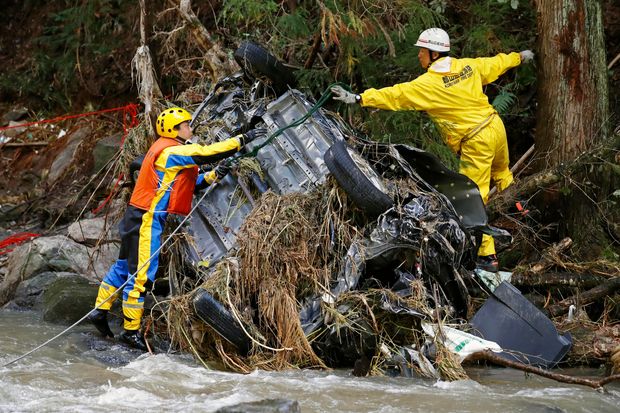
“Warmer ocean temperatures and higher sea level are expected to intensify the impact of extreme weather events such as hurricanes and typhoons,” said Hiba Baroud, an assistant professor of civil and environmental engineering at Vanderbilt University. She said, however, that researchers don’t know yet whether the number of hurricanes is increasing.
Rebuilding after disasters: 5 Essential Reads
MENAFN
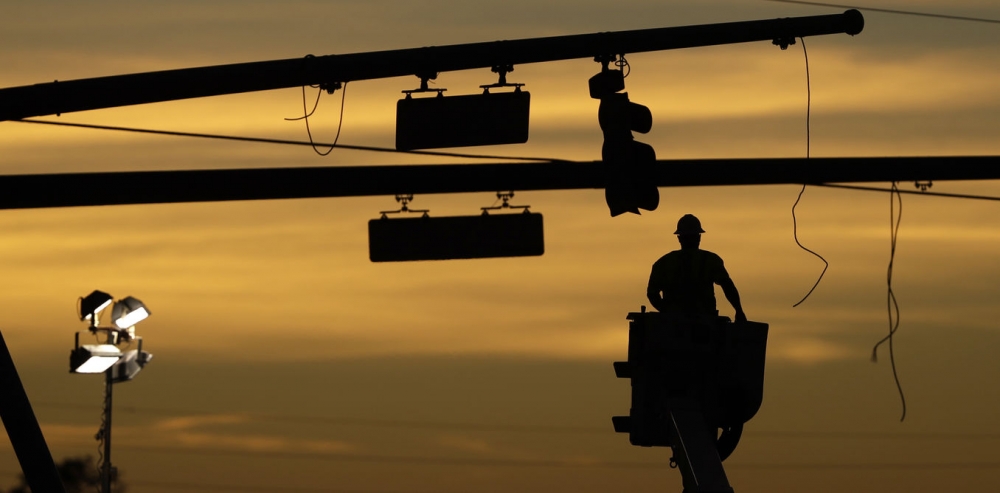
Modernizing infrastructure is expensive, but, writes Hiba Baroud, assistant professor of civil and environmental engineering at Vanderbilt:
‘The U.S. infrastructure was built according to high standards 50 years ago, but they are no longer enough to ensure protection from today’s extreme weather. Such weather events are becoming more frequent and more extreme. That has a severe impact on our infrastructure, as cascading failures through interdependent systems such as transportation, energy and water will ultimately adversely impact our economy and society.’
New Working Group Launches for Big Data and Data Science Initiatives
Research News at Vanderbilt
Analyzing the directions for new university big data and data science initiatives is the charge of a new working group appointed by Vice Chancellor for Academic Affairs and Provost Susan R. Wente. The Data Science Visions Working Group consists of 20 faculty members from a broad set of disciplines who will be engaged in this project over the next year and will report out to the provost and all the school and college deans, including Jeff Balser, president and CEO for Vanderbilt University Medical Center and dean of the School of Medicine.
The committee members are:
Hiba Baroud, assistant professor of civil and environmental engineering and director of graduate recruiting for civil engineering
Measuring Up US Infrastructure Against Other Countries
The Conversation

How does infrastructure in the U.S. compare to that of the rest of the world? It depends on who you ask.
On the last two report cards from the American Society of Civil Engineers, U.S. infrastructure scored a D+. This year’s report urged the government and private sector to increase spending by US$2 trillion within the next 10 years, in order to improve not only the physical infrastructure, but the country’s economy overall.
Meanwhile, the country’s international rank in overall infrastructure quality jumped from 25th to 12th place out of 138 countries, according to the World Economic Forum.
The quality of infrastructure systems can be measured in different ways – including efficiency, safety and how much money is being invested. As a researcher in risk and resilience of infrastructure systems, I know that infrastructure assessment is far too complex to boil down into one metric. For instance, while the U.S. ranks second in road infrastructure spending, it falls in the 60th place for road safety, due to the high rate of deaths from road traffic.
Avoiding the next big Nashville flood
Ledger

“Those could impact the power, the water infrastructure, or transportation, and so how do communities impacted by these events, how do they recover? And what is the best way to quantify those impacts? So, that’s where the research challenge is, in being able to collect and have meaningful data that will be suitable for the types of models, or at least for the other way around,” Baroud says.
Since her work is directly focused on infrastructure, Baroud explains she hopes it will not be impacted by Trump’s withdrawal from the Paris climate agreement, but she is concerned about the impact if Americans don’t acknowledge that the weather events we are seeing in the last decade or so are not the same type, and the same frequency, of events that we saw previously.
“The infrastructure is not able to withstand such events because this infrastructure was built 50 years ago based on measures and metrics forecasted for a climate the engineers had back then,” she continues. “If we want to build future resilience systems, then we need to acknowledge that we are facing risks and hazards that did not necessarily exist in the past. Those could come from things like climate, but they could also have other sources. But at least when we are thinking about building better infrastructure, we are thinking we want these infrastructures to face a climate that is changing.”
Better Models Predict Weather Disaster Outcomes, Help Plan Recoveries
Research News at Vanderbilt

Bayesian modeling isn’t just based on what happened when, say, three certain hurricanes hit Florida. It includes that plus expertise from emergency officials, climate change data, information about materials used in infrastructure and potentially a hundred other data points. Instead of one outcome – build this bridge to withstand this level of hurricane – Bayesian modeling provides a range.
“Bayesian modeling gives you a probability distribution – a number of possible events and outcomes,” said Baroud, assistant professor of civil and environmental engineering. “It allows you to incorporate the stakeholders in the decision-making process. If someone is risk averse, they want to build the most robust bridge that will withstand any potential hazard. They will go with a parameter that is looking at more extreme cases. Others may be geared toward more profit, so they would be risk-taking, valuing a more cost-effective solution.”
Baroud Receives Inaugural Littlejohn Dean’s Faculty Fellowship
Vanderbilt News
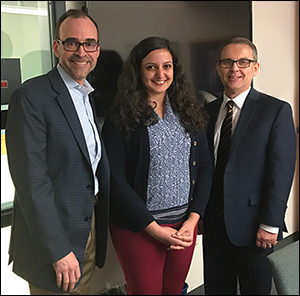
A civil engineering professor who develops tools that improve infrastructure systems’ reliability and recovery from disasters like hurricanes and floods has received the inaugural Littlejohn Dean’s Faculty Fellowship.
Vanderbilt Engineering School Dean Philippe Fauchet announced Jan. 13 that Hiba Baroud, assistant professor of civil and environmental engineering, has received the new endowed fellowship for junior faculty members.
“This fellowship enables us to recognize our bright young engineering faculty members at the assistant professor level, something impossible for us to do in such an impactful way until today. We are grateful to the Littlejohn family for their support in helping us create opportunities like this for our faculty,” Fauchet said at a reception for Baroud.
À l’Université Vanderbilt, de jeunes Libanaises explorent leur riche potentiel
L’orient Le Jour

À l’Université Vanderbilt (classée comme l’une des 20 meilleures universités des États-Unis), la jeune femme analyse les risques survenant dans le domaine de l’infrastructure. « Disons qu’une tornade survienne, on analyse son impact sur le transport, la communauté et le temps nécessaire pour la récupération », explique-t-elle.
New faculty: Hiba Baroud uses Bayesian modeling to better predict natural disasters
Vanderbilt News

As a math whiz growing up near Beirut, Lebanon, Hiba Baroud figured she’d be an actuary, likely helping an insurance company or corporation succeed in an uncertain world.
When Baroud went off for internships during her undergraduate studies, she found herself thinking wistfully about the academic life she left behind—her research, the dance classes she taught, and the Cub Scout troop she led. By her fourth year at university, she began charting a path in academia.
Fortunately for both Vanderbilt’s School of Engineering and the victims of natural disasters, Baroud found a way to combine her risk analysis and statistics skills, her love of teaching and her passion for helping people in need.
Her research is in Bayesian statistics, where she can integrate multiple sources of information—including historical data and experts’ knowledge—to improve prediction accuracy.
